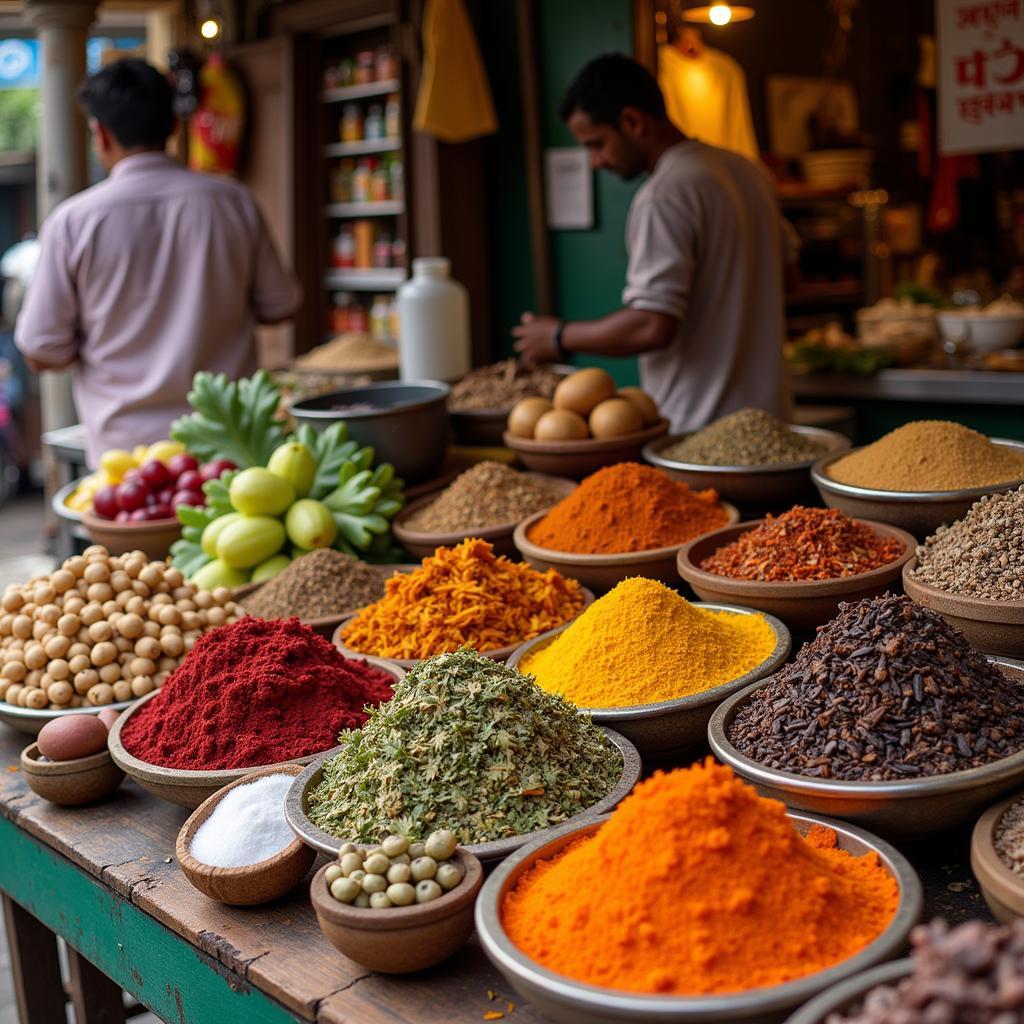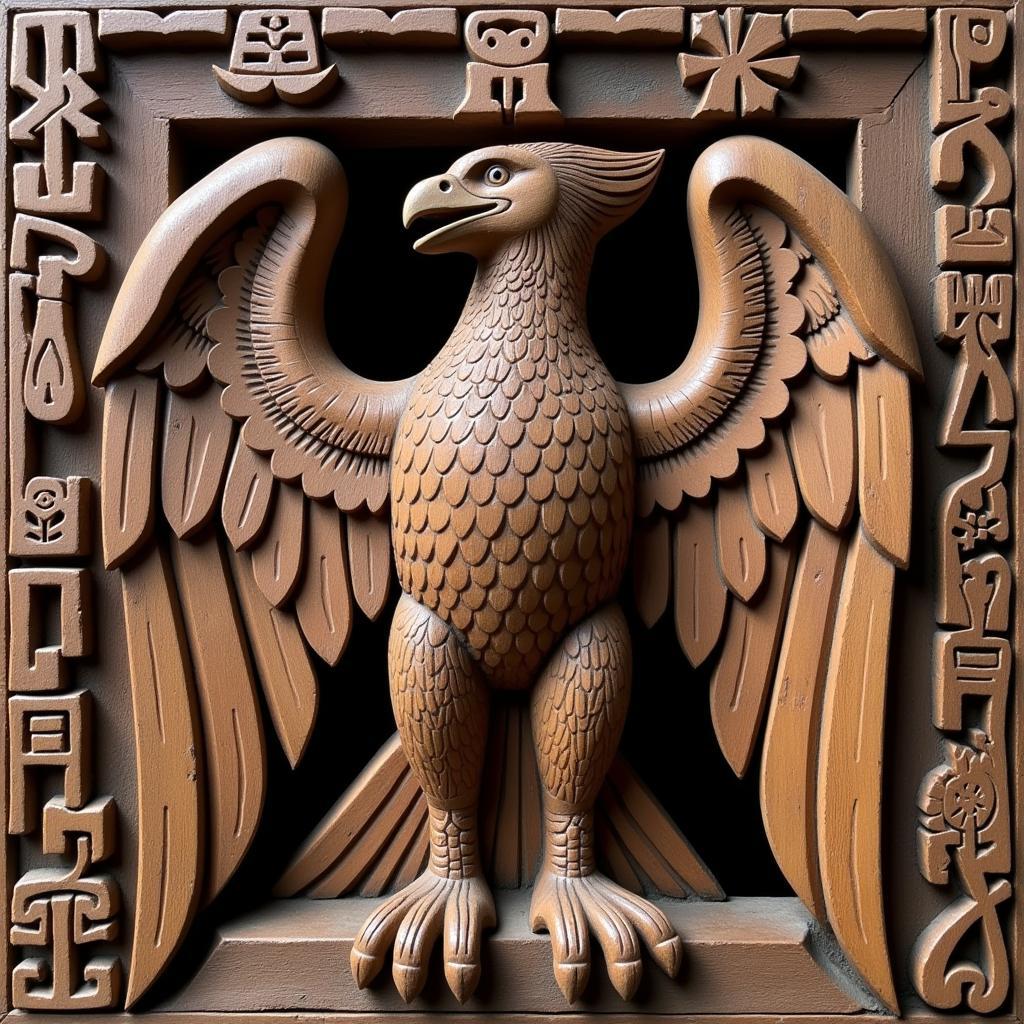Understanding African Elephant Breeding
African Elephant Breeding is a complex and fascinating process crucial for the survival of these magnificent creatures. This article delves into the intricacies of their reproductive behavior, exploring the factors influencing breeding success and the challenges they face in today’s world. We’ll examine the biological aspects, social dynamics, and conservation efforts related to African elephant breeding.
The African elephant, the largest land mammal on Earth, faces numerous threats, including habitat loss and poaching. Understanding their reproductive strategies is vital for effective conservation efforts. These gentle giants exhibit unique breeding behaviors shaped by their social structures and environmental pressures. African elephant breeding facts offer a glimpse into their remarkable world.
The Biology of African Elephant Breeding
African elephants have a long gestation period, approximately 22 months, the longest of any mammal. Females reach sexual maturity between 10 and 12 years old, while males typically mature later, around 20 years old, although they may not be socially dominant enough to breed until much later. Hormonal cycles, environmental cues, and social interactions play crucial roles in determining when breeding occurs. The complex interplay of these factors contributes to the overall breeding success of the population.
What is the gestation period of an African elephant? The gestation period of an African elephant is approximately 22 months.
Social Dynamics and Breeding
African elephant society is matriarchal, with older, experienced females leading the herd. These matriarchs play a significant role in guiding younger females through the breeding process and protecting the young. Males, on the other hand, typically leave their natal herds and roam in search of receptive females. Competition among males for breeding rights can be fierce, often involving elaborate displays of dominance and strength. African elephant breeding age is a key factor in these social dynamics.
How do male elephants compete for breeding rights? Male elephants often engage in displays of dominance and strength to compete for breeding rights with females.
Conservation and African Elephant Breeding Programs
Conservation efforts play a crucial role in protecting African elephants and ensuring the continuation of their unique breeding patterns. Habitat preservation, anti-poaching initiatives, and community engagement are essential components of these efforts. African elephant breeding program are sometimes implemented in managed settings to bolster populations and maintain genetic diversity. These programs involve careful monitoring and management of breeding pairs to maximize success rates. Understanding the natural breeding behaviors of elephants is fundamental to developing effective conservation strategies. For more insights into the unique characteristics of African elephants, explore resources about African bush elephant tuskers.
Why are conservation efforts important for African elephant breeding? Conservation efforts are essential to protect elephant habitats and reduce threats like poaching, thus enabling natural breeding patterns to continue.
The Challenges Facing African Elephant Breeding
Habitat loss due to human encroachment and agricultural expansion significantly impacts elephant breeding. Fragmentation of populations limits gene flow and can lead to inbreeding, reducing the overall health and resilience of the species. Poaching also poses a severe threat, particularly targeting older males with large tusks. This selective pressure can disrupt social structures and impact breeding success. Furthermore, climate change and its effects on water availability and vegetation further exacerbate the challenges faced by African elephants. While competition exists in the wild, articles on African jungle animals fighting can provide broader context about survival strategies.
“Protecting elephant habitats is not just about preserving land, it’s about safeguarding the future of these magnificent creatures and their unique breeding behaviors,” says Dr. Anika Moti, a leading expert in African elephant conservation.
In conclusion, African elephant breeding is a vital process influenced by a complex interplay of biological, social, and environmental factors. Understanding these factors is critical for developing effective conservation strategies to ensure the long-term survival of these iconic animals. Continued research and dedicated conservation efforts are essential to protect African elephants and their fascinating breeding patterns for generations to come. African elephant breeding remains a critical aspect of their survival.
“Understanding the social dynamics of elephants is crucial for interpreting their breeding behaviors and developing appropriate conservation interventions,” adds Dr. Jabari Olufemi, a wildlife biologist specializing in elephant behavior.
FAQ
- When do female African elephants reach breeding age? (Between 10 and 12 years old)
- How long is the gestation period of an African elephant? (Approximately 22 months)
- What type of social structure do African elephants have? (Matriarchal)
- How does habitat loss affect elephant breeding? (It fragments populations and limits gene flow.)
- Why is poaching a threat to African elephant breeding? (It targets older males, disrupting social structures and impacting breeding success.)
If you need any further assistance, please contact us. Phone: +255768904061, Email: kaka.mag@gmail.com or visit us at Mbarali DC Mawindi, Kangaga, Tanzania. We have a 24/7 customer service team.

